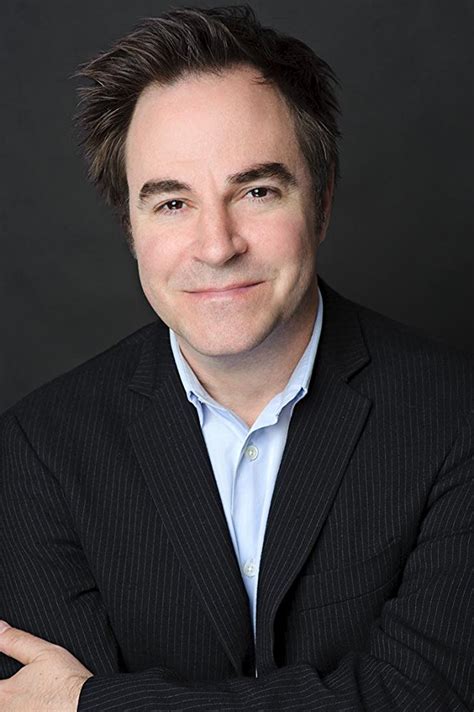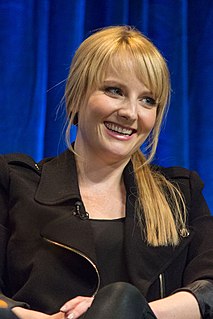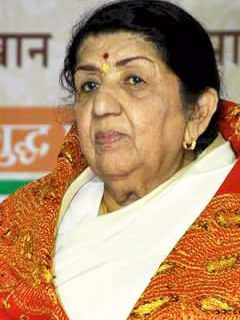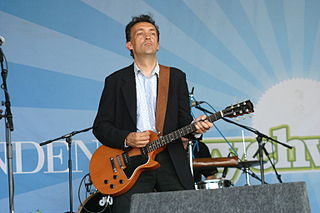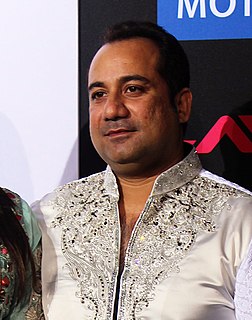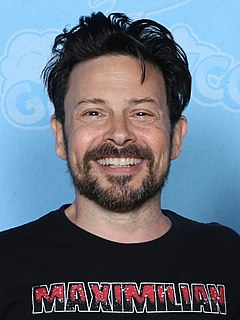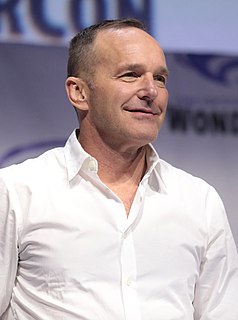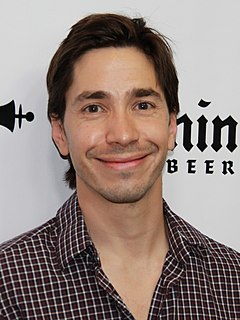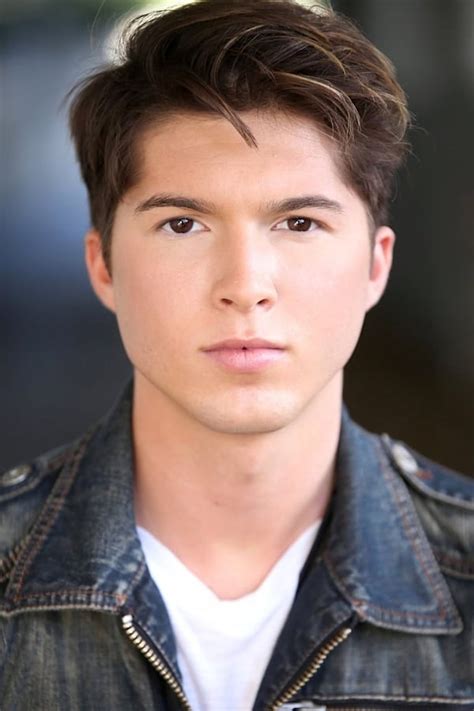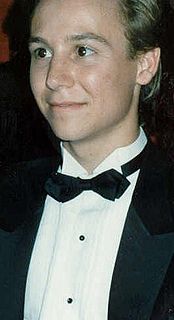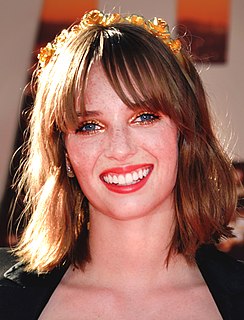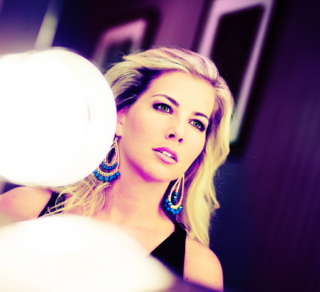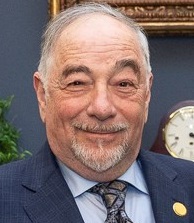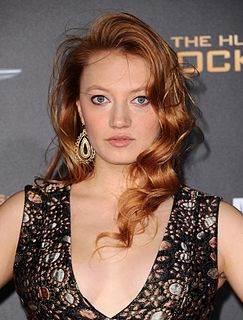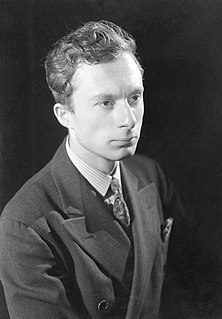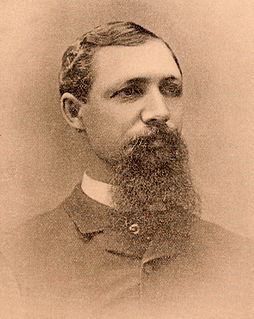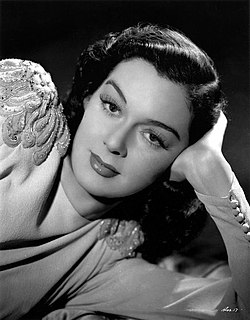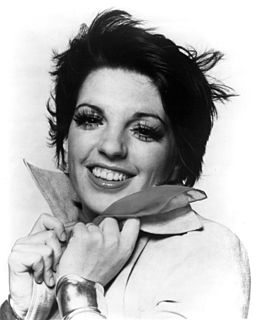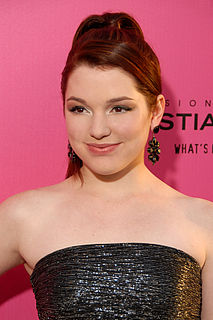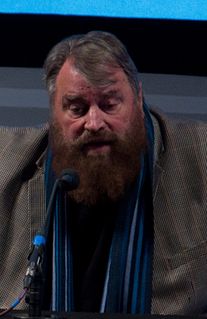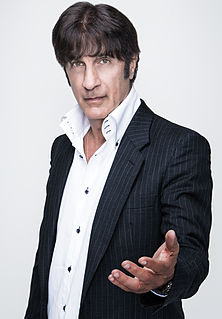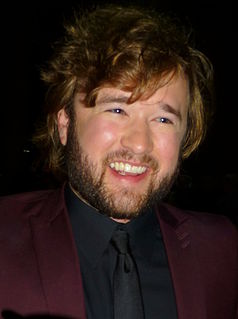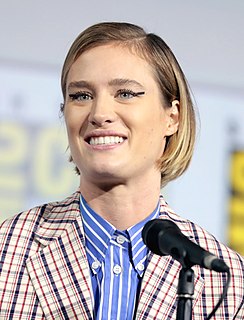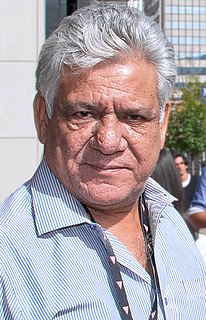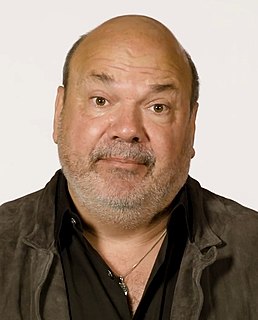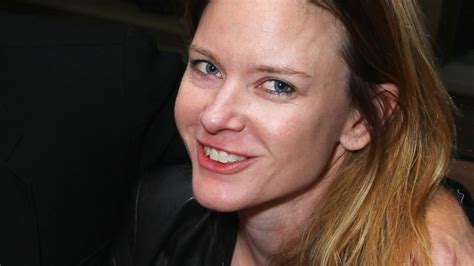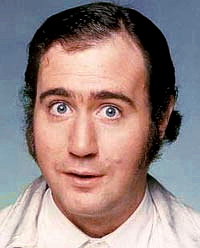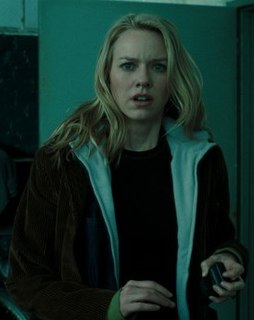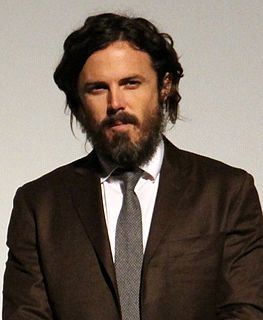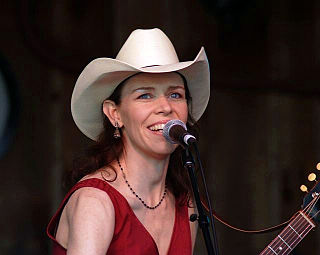Top 1200 Voice Acting Quotes & Sayings - Page 4
Explore popular Voice Acting quotes.
Last updated on April 22, 2025.
I wasn't really driven to be an actor or anything, but in college I decided to study acting, much to my parents' disappointment. I attended Mason Gross School of the Arts at Rutgers where Bill Esper was, and that is where I really got hooked on the art of acting, and, almost, the chemistry of acting.
I don't like my voice that much. I think I'm a much better actress than singer. Singing is like going to a party at someone else's house. Acting is like having the party at your own house. When you go to someone else's house for a party, it's not your responsibility at all, but when you have the party at your own house, there's a lot of responsibility. Everyone has to have a good time. So for me, acting is deeper.
I definitely see the voice as an instrument: It makes great drums, great synth pads, great everything. Vocals can be so many things, like, "Hey, I'm Michael Jackson, and this is my iconic voice," or a choir of people sounding like Mozart's Requiem. Mariah Carey is my favorite singer because her voice sounds utterly groundless. It's not even a human voice; it almost sounds mechanical.
From a distance the world looks blue and green,
and the snow-capped mountains white.
From a distance the ocean meets the stream,
and the eagle takes to flight.
From a distance, there is harmony,
and it echoes through the land.
It's the voice of hope, it's the voice of peace,
it's the voice of every man
In some traditional African dances, people wear masks in order to become the embodiments of particular spirits. I have heard that they often cover the mouth-piece with spider webs or something that resonates, so that their voice gets distorted, ceasing to be the voice of a human and becoming representative of a voice that comes from another world.
It's really up to the acting community to be willing to be educated about what performance capture is in order to fully appreciate it as acting. It's not a type of acting, but rather the use of technology to harness an actor's performance and translate it into an ape, another animal, or an avatar of some kind.
When Marvel put together Ultimate Spider-Man and someone came up with the idea of having Principal Coulson, they said, "Do you want to do the voice?" I thought, "I have to do the voice!" Because I have a daughter and we watch some cartoons, I couldn't bear the idea of tuning in and hearing somebody else's voice.
For me, the real goal is to integrate. The thing that I'm most happy with is the fact that I've been able to keep doing all of it - to keep writing, and to keep acting in movies, and to keep acting on the stage, to keep directing plays. I find that they feed each other, and that I learn about acting from directing and I learn about writing from acting.
The only way you can find it is through being alone with your thoughts at sufficiently long intervals to give that inner voice within you a chance to cry out in distinguishable language for you. 'Here I am within you.' That is the silent voice, the voice of nature, which speaks to everyone who will listen.
There came one and knocked at the door of the Beloved. And a voice answered and said, 'Who is there?' The lover replied, 'It is I.' 'Go hence,' returned the voice; 'there is no room within for thee and me.' Then came the lover a second time and knocked and again the voice demanded, 'Who is there?' He answered, 'It is thou.' 'Enter,' said the voice, 'for I am within.
I couldn't believe it! I mean, I'd always dreamed of acting on the screen - my previous background was all theater - but I wasn't sure if the opportunity would ever present itself. Not only was this acting for the screen, this was acting in 'The Hunger Games!' I knew that I had to give this audition my all.
While Jesus was at Jerusalem there came a voice from heaven. For what purpose was the voice sent? For the sake of those who stood by. "Jesus answered and said, This voice came not because of me, but for your sakes" (John xii, 30). Of what benefit was the voice when those who heard it were unable to distinguish it from thunder? "The people therefore, that stood by and heard it, said that it thundered" (29).
This is going to sound cheesy, but with acting there are so many tools. When you're on camera, you're using all of it. You're using the voice, you're using your body, you're using wardrobe, all of it, but it's funny, once you take all of those things away, you realize how much you rely on the physicality.
Write like you write, like you can't help but write, and your voice will become yours and yours alone. It'll take time but it'll happen as long as you let it. Own your voice, for your voice is your own. Once you know where your voice lives, you no longer have to worry so much about being derivative.
I am interested in levels of brain discourse. How articulate are the voices in your head? You know, there's a different voice for the phone, and a different voice if you're talking in bed. When you're starting off with a narrator, it's interesting to think, where is their voice coming from, what part of their brain?
I try to please people, to give them a good time, but I refuse to make my act conform to traditional show-biz standards of entertainment. There's a little voice that says, 'Oh, no, you can't do that, that's breaking all the rules.' That's the voice of show business. Then this other little voice says, 'Try it.' And most of the time, when the voice comes on and says, 'No,' that's the time it works.
